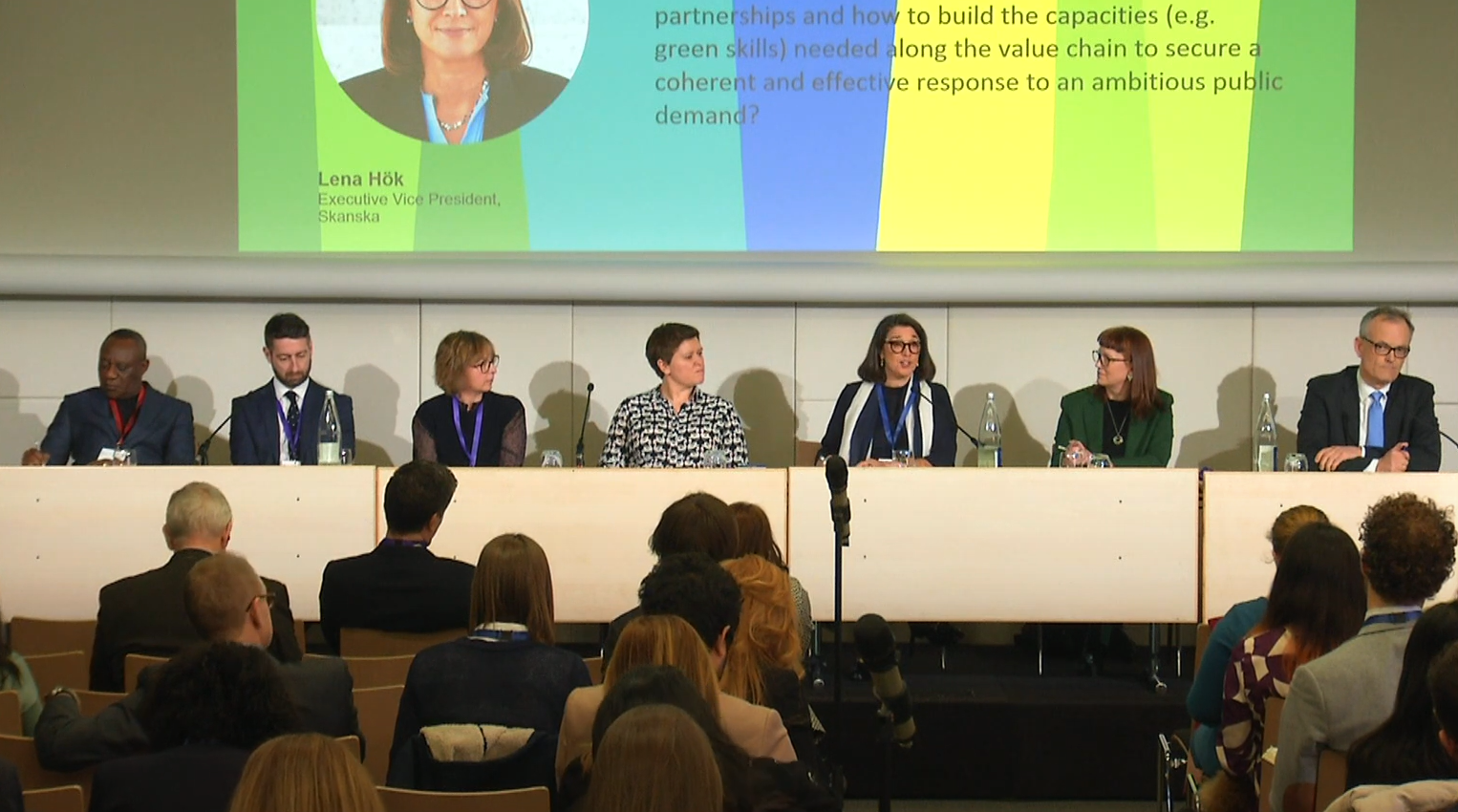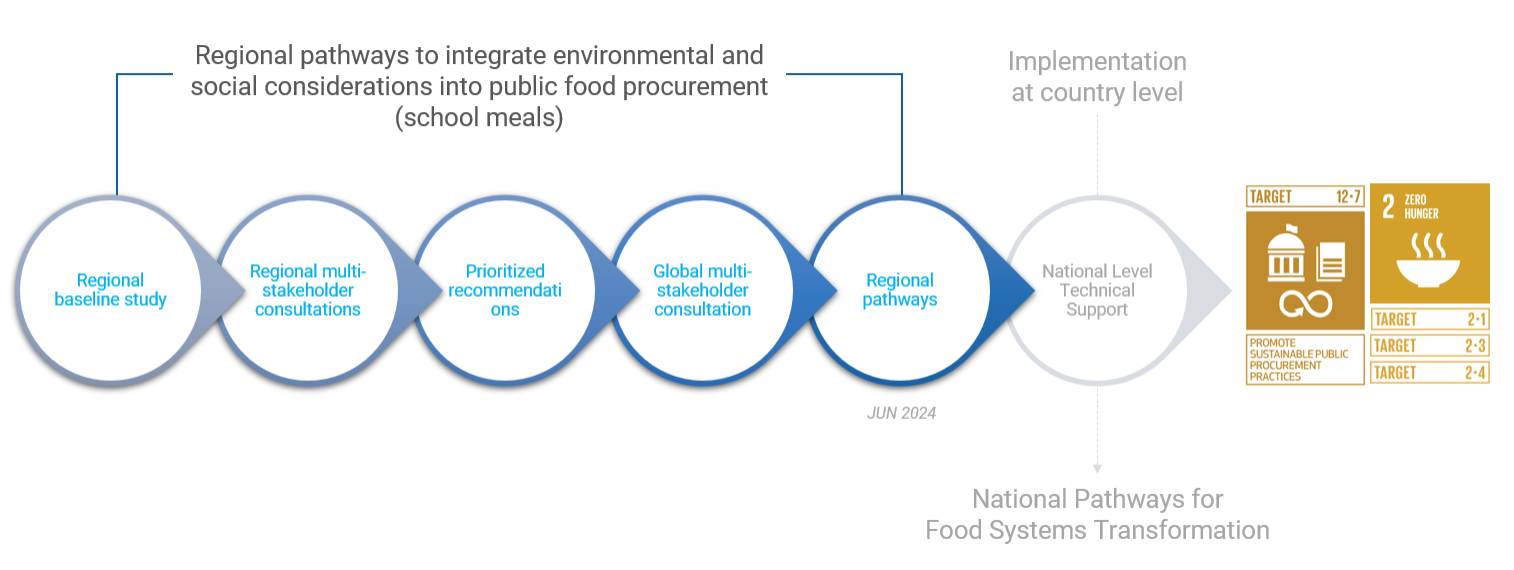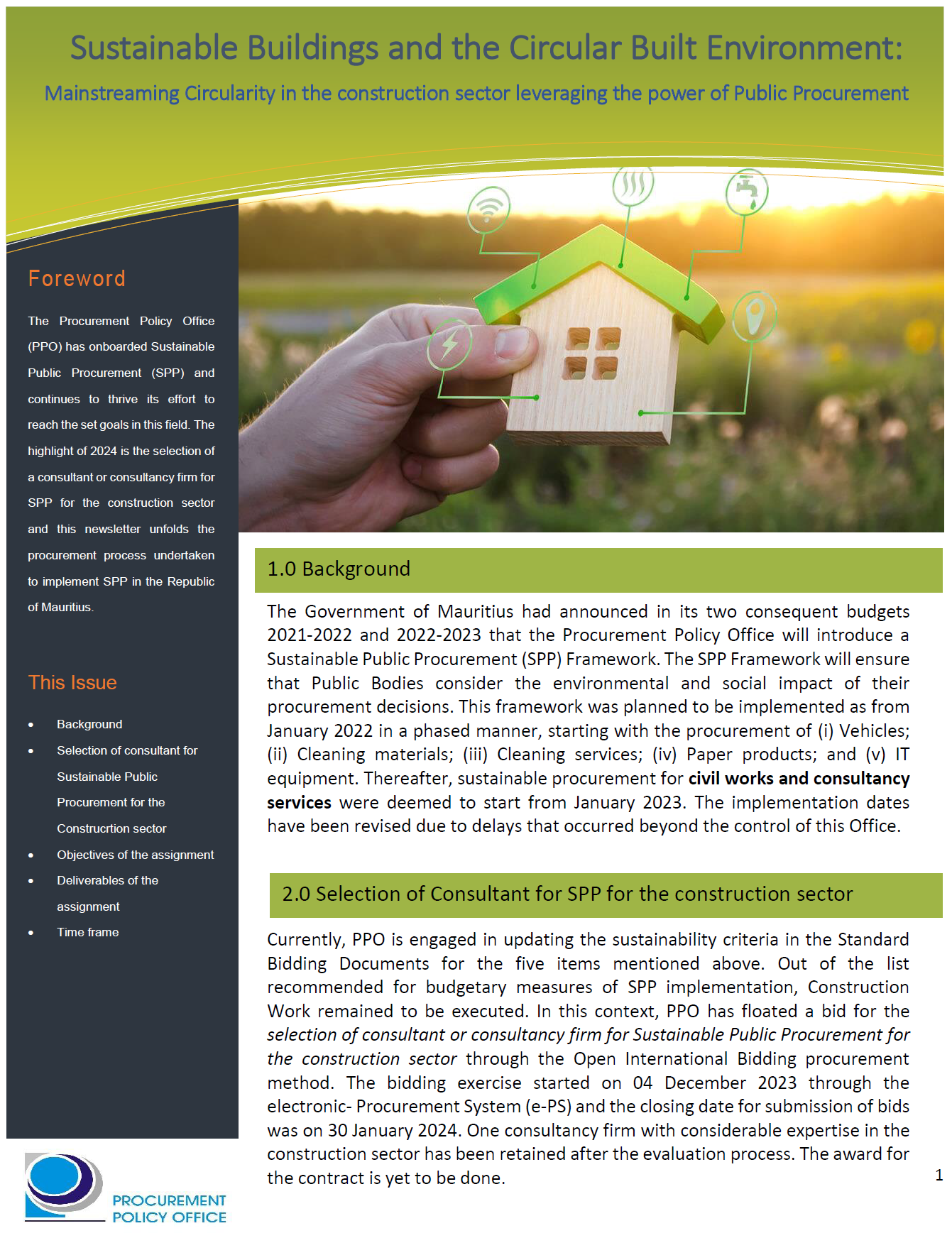Nordic Action Plan for Sustainable Fashion and Textiles
Of interest to policymaker and funders wishing to develop broad strategies for greening the value chain of textiles and fashion.
The Nordic Action Plan 'Well-dressed in a Green Environment' outlines a wide range of initiatives covering everything from green procurement, to supply chain mangement to design for circularity. Many of these have since been implemented.
The fashion and textile industry is an important export industry for the Nordic countries, but at global level it is one of the most polluting and resource-intensive industries.
The Action Plan takes a key step in tackling this. The vision is for a Nordic fashion and textile industry that is a world leader in sustainable design, consumption and production, and that makes a positive contribution to sustainable development and green growth, both in the nordic region and globally. The Action Plan aims to achieve this through a range of measures aimed at all parts of the value chain and at all geographical scales from local to international.
The action plan comprises four focus areas:
- Promoting sustainable nordic design (chapter 4)
- Lowering the environmental impact in production (chapter 5)
- Increasing the market for environmentally friendly fashion and textiles (chapter 6)
- Encouraging a market trend toward more recycling and reuse (chapter 7)
The Action Plan was preceded by a background study which gathered information on existing global and Nordic initiatives across the value chain under four main headings: Replace, Reduce, Redirect and Rethink. This provided a useful foundation for development of the Vision and initiatives under the Action Plan. A draft Action Plan was sent out for consultation to industry stakeholders.
Six projects have been commissioned under the Action Plan so far and these have for the most part been completed:
1. Promotion of sustainable Nordic design through education
2. Greater Nordic influence in the EU on harmful chemicals
3. Supplier requirements for sustainable textiles production
4. Green procurement of textiles in the healthcare sector
5. Promoting the supply of ecolabelled products
6. Stimulating the demand for textile to textile recycling
These projects are all individually summarised here in the One Planet Network resource database. They have involved a wide range of stakeholders including industry associations, brands, design schools, SMEs, ecolabel organisations, consumer organisations, healthcare procurors, environmental consultants, web designers and communication businesses. The Action Plan has firmly established the drive for a sustainable Nordic fashion and textile industry on the agendas of national governments, brands, industry associations, designers and many other stakeholders. It has been downloaded several thousand times.
It has led to six concrete initiatives which themselves have developed a range of outputs that have influenced different parts of the value chain.
It provides a blueprint which other countries and regions can follow for greening the industry. The Action Plan also established the Nordic Council of Ministers as the body taht would provide Nordic inputs to international work and policy initiatives within textiles and sustainability. It ihas for example provided concrete Nordic proposals for a textile theme within the EU Strategy for a Non-toxic Environment. The Action Plan also proposed international efforts to encourage the use of environmental accounts in the textile industry, and including textiles as a theme within the 10YFP. The creation of a textile hub within the One Planet Network is a first step in this latter proposal.
If you're a policymaker wishing to develop a strategy or action plan for greening the textile sector and value chain then read the Action Plan for inspiration. Read the overview of projects implemented under the Action Plan to follow progress or check there summaries here in the One Planet Neowtork resources database
If you're interested in other sustainability intiatives that have been developed in the Nordics and around the world read the background report.
If you are looking for more information contact the project manager: Birgitte Jørgensen Kjær at the Danish Environmental Protection Agency bjk@mst.dk
External source(s)
Image

Project start date
14/05/2014
Project end date
25/12/2018


